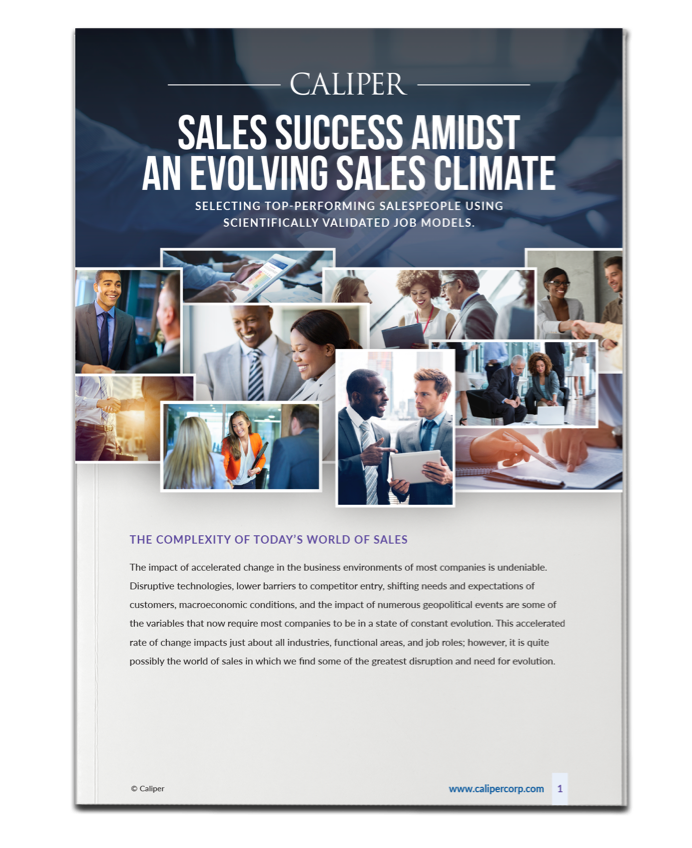Recently, both Uber and the NHL’s Toronto Maple Leafs made headlines for unveiling new logos.
While Uber chose bright, futuristic geometric icons for their updated apps, the Maple Leafs decided on a throwback logo, updating a classic crest worn by the team from the 1940’s to 1960’s. In a release, Maple Leafs President Brendan Shanahan stated that he hopes “this classic logo will connect the team’s championship legacy with an exciting and proud future for our players, our city and for our fans.”
In addition to revealing a new logo, Toronto has been working to rebuild their team. In a symbolic move, Shanahan recently welcomed back Dave Keon, a Maple Leafs star from their glory years who had been estranged from the team. His statue will be added to Legends Row, a tribute to great Maple Leafs players. More importantly, on February 9 they traded away team captain Dion Phaneuf and four others in a nine-payer swap with their Atlantic Division rivals, the Ottawa Senators. They also acquired a draft pick.
By opening a roster spot and clearing space under the salary cap, the Maple Leafs are looking to add some new, younger players to their line-up.
The Maple Leafs know an organization is only as successful as its talent, but that doesn’t just go for sports teams. People are absolutely critical to the success of any business, so it’s essential to build a strong talent brand.
When we think about corporate branding, we are usually talking about how brands appear to consumers. But, it’s also important for employers to think about how their brand appears to potential employees. A company’s name and image could either deter or entice job seekers to invest time and effort into applying for a position.
To attract quality talent, you need a strong talent brand.
When it comes down to it, your talent brand is tied to employee satisfaction and engagement. It’s about your company culture.
So, how would you describe your current talent brand?
If you’re unsure how to define your organization’s talent brand, it may be time to consider a Validation Study and gain a customized view of what success looks like for you.
Validation Studies provide a clear illustration of the tasks and personality traits that are most closely related to top performance. During the Validation Study process, a Job Analysis will be completed, and performance data related to your company’s goals will be gathered. You will gain insights into individuals’ motivations and behavioral tendencies, and this information can help you to identify your talent-brand identity. Once you have a clearly defined talent brand, you can make sure that your organization is on the right track in promoting itself to job seekers.
Since you can’t trade employees with other organizations like hockey teams do, it’s even more critical to attract the right people from get go.

